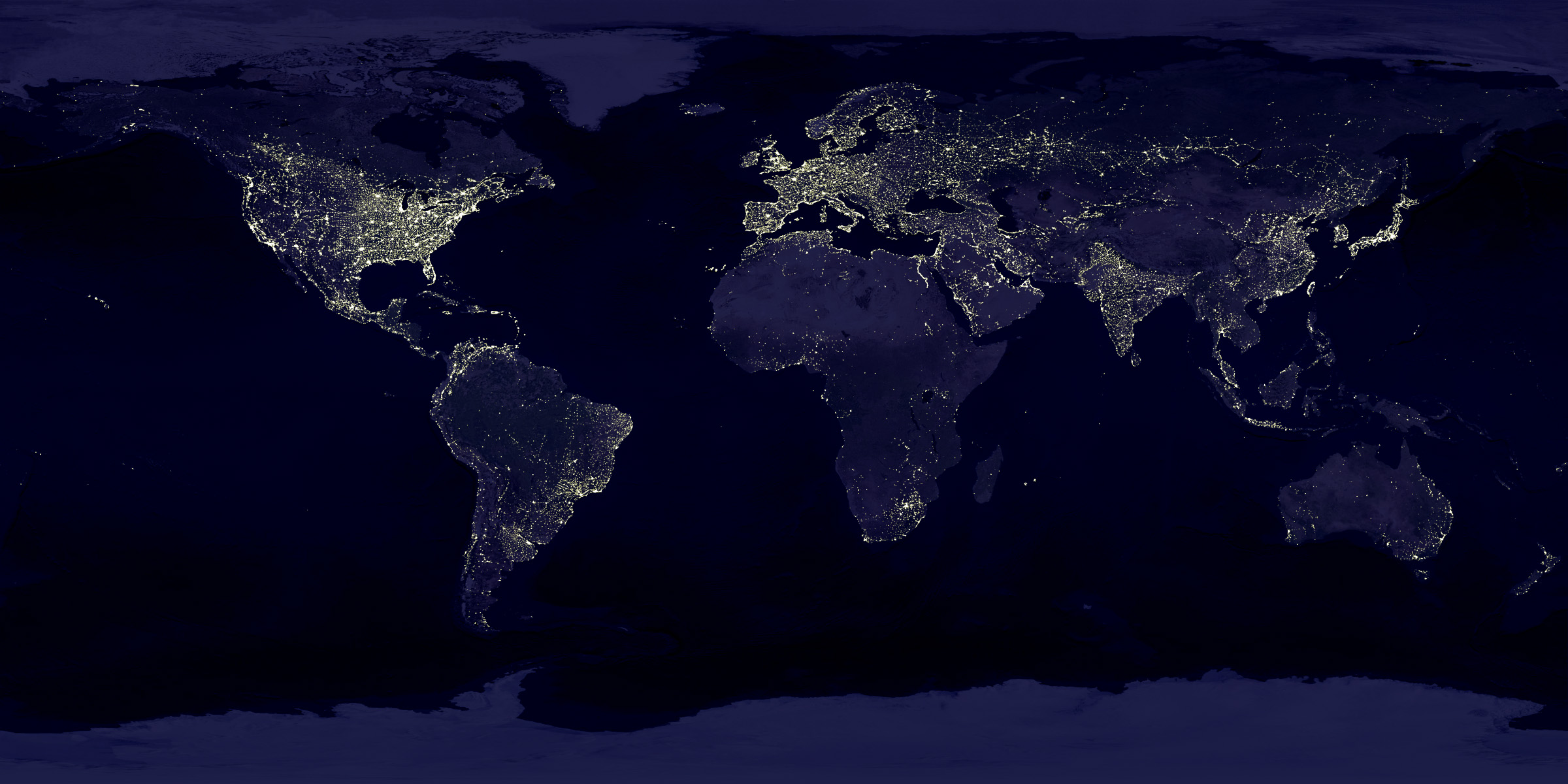A Scotch Maker’s Challenge: First Brexit. Now Tariffs.

ISLAY, Scotland — Britain’s departure from the European Union has turned distiller Anthony Wills’s workdays into a marathon of logistics.
For months, he communicated with importers to ensure that his single malt, whisky distilled from barley harvested from his farm on the windswept isle of Islay, could be shipped to the Continent and the United States in time for the holidays.
Then, with the Oct. 31 deadline for Brexit fast approaching, the Trump administration imposed 25 percent tariffs on a menu of goods including French wine, Italian cheese and — in a move that could drive a Scotsman to drink — single malt whisky.
“It’s a blow,” said Mr. Wills, the owner of Kilchoman Distillery, who has built a formidable boutique business in the western Scotland countryside. “It doesn’t matter how you try and alleviate the issue, it’s still a big blow.”
The United States was allowed to apply the tariffs, expected to go into force on Friday, after a World Trade Organization ruling settled a yearslong dispute over subsidies for the aviation company Airbus. They create a double whammy for Scotland.
Whisky underpins the economy of Islay (pronounced EYE-la) and much of Scotland. Kilchoman and eight rival Scotch whisky distilleries have flourished here in the past decade. Tourists from the United States, Europe and Japan come to wonder at Islay’s coastal beauty, take pictures of hillsides filled with sheep and hairy Highland cattle that look as if they’ve had vigorous blow dries, and soak up the pricey local spirits.
Annual exports of Scotch whisky are worth 4.7 billion pounds, or about $5.9 billion, accounting for 70 percent of Scotland’s food and drink exports and 21 percent of Britain’s.
More than £1 billion worth of the strong stuff goes to the United States. Almost £1.4 billion is sold in the European Union.
As enthusiasm for single malt has grown, whisky tourism has rocketed. About two million visitors toured this year, double the number about a decade ago, according to the Scotch Whisky Association, a trade group. Most hail from Germany and the United States, and distillers like Mr. Wills have readily wrung profit from their thirst. Connoisseurs can be seen sipping whisky on tours of Kilchoman, the huge gleaming copper stills in action nearby.
And there is some romance to finding the right tipple. Tourists drive past peat bogs and deep blue lochs on their way to the distilleries. Water from the lochs is rendered into a fine fiery spirit. The peat and salty air flavor what they drink. Even a deep breath near a distillery offers a back-of-the-throat alcoholic tinge.
Mr. Wills has spent nearly half his career distilling this experience into something that newcomers can quaff. His single malt has become a popular export, and he can’t believe the predicament his distillery faces. He frets aloud about the cost of absorbing the 25 percent tariffs. He exports 80 percent of all that he makes, and sells about 40,000 bottles a year in the United States. Sales in America have helped spur growth for the past nine years.
Brexit has been a sort of self-imposed pain in the United Kingdom, he said. The Trump tariffs add salt to the wound. “We’re a growing business, and you need all the support you can get,” he added in exasperation.
Karen Betts, the chief executive of the Scotch Whisky Association, said the Trump administration’s decision to apply tariffs only to single malts was likely to hit smaller producers harder.
“The combination of tariffs in our most valuable market and mitigating the potential impact of Brexit is tough,” she said.
Distillers like Mr. Wills cannot lure their American customers to alternative, blended whiskies because they do not produce them, and single malt has been marketed as distinctive, focused on provenance.
Liam Hughes, chief executive of a small distiller in Glasgow, said his company had just sealed a deal to sell whisky to the United States when the tariffs were announced.
“We were all celebrating, and we wake up the next morning and find a 25 percent tariff overnight has been injected into the equation,” Mr. Hughes said in a telephone interview before flying to Japan to introduce Glasgow Distillery products there.
His distillery spent more than £100,000 and prepared for 18 months to begin exporting to the United States. The company installed two new stills to double production to 1.2 million bottles a year. He hired six more people. The staff has been rushing to prepare molds and design new labels for the larger bottles required in the United States.
Mr. Hughes had been planning to release a special whisky with a barrel maker in Kentucky. “Now the cost of that release will increase by 25 percent, which could be prohibitive,” he said.
He likened the last few days in Scotland to being a small boat in stormy seas “being buffeted left, right and center.” “It obviously makes us extremely nervous,” Mr. Hughes said, being “caught up in a trade dispute that has nothing to do with us.”
Even consumers — or least a few happy tourists taking a dram this week on Islay — found the tariffs a rebuke to global ambitions and business.
“Some of our most important allies in the world” have been “betrayed by this administration because they can’t see the value in free trade and fair trade,” said Jeremy Henderson, 34, from Portland, Ore.
“I would drink Scotch sort of in defiance of that.”























